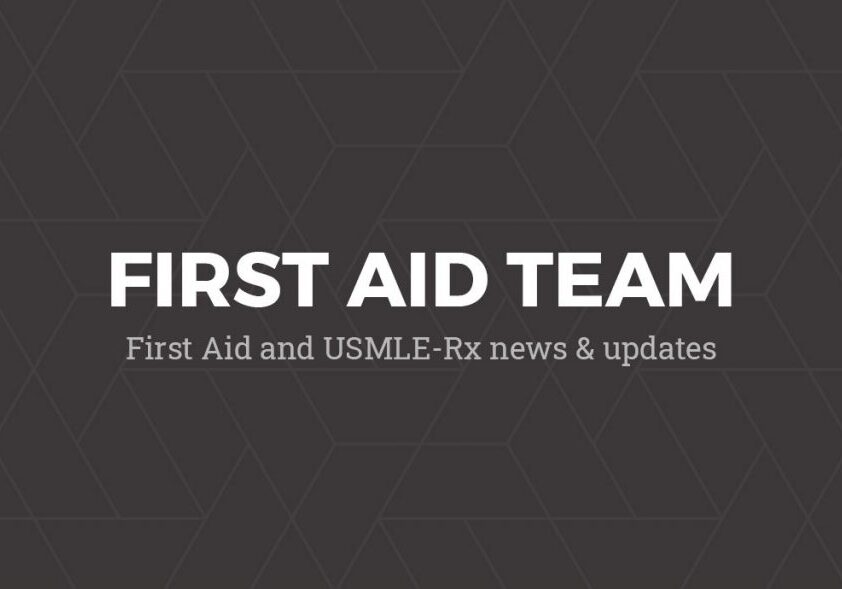Based on my experience, approaching each rotation with enthusiasm and passion is a good recipe for success. Let’s face it, not every rotation you attend is going to be your favorite. Some students enjoy surgery because of the hands-on experience, the exposure to cool organs, and pathology. Other students know that surgery is not their cup of tea and start their surgery rotation just hoping to pass it. Either way, here are some tips that have helped me make it through my own rotations:
- Do not complain and follow the chain of command – Each of us in the healthcare profession knows why we are in medical school and what is expected of us. Doing scut work occasionally or tasks that you may not enjoy but which are necessary may upset you initially, but as you look at the big picture, you will understand why every task has a meaning. It is important to respect, admire, and help everyone on rotations while also following the chain of command. Complaining or doing incomplete work will result in poor grades.
- Know how to find answers – For each rotation, bring the right books or use technology to find answers to difficult questions that patients ask you. Doing so will help you learn the material, result in better patient care, and will show your attending that you are well prepared.
- FIRST AID Flashcards, Epocrates, Medscape, NEJM, Micromedex, MedCalc are all must have apps.
- Boards and Wards, Pocket Medicine, Tarascon Pocket Pharmacopoeia, reflex hammer, pen light, and Maxwell Quick Medical reference are good to carry.
- Morning report, Signin and Signout – Listening to morning report lectures has a lot of advantages because the lectures are given by doctors who focus on topics most commonly seen in their hospitals. These talks are meant to help the house staff improve patient care. If you can help your team or write better patient treatment notes then you are doing your job.
- Remember your patients – While on rotations, it is easy to get distracted and forget your job is mainly to know everything about your patients and report that information to your team. From labs to physical exams, knowing the details about the patient’s baseline creatinine or a new consult note and communicating new information to your attending will show that you are a hard working and dedicated student. Caring for the patient is your #1 goal. Your grades will follow the right course if your patients get healthy.
- Make friends with nurses, techs, and hospital staff – From scrubbing in to using an ECG machine, nurses and techs know how the hospital runs. Respecting and learning from them is as important as learning from interns, residents, and physicians. They are part of the healthcare team, and attendings frequently ask nurses, techs, and hospital staff for their own unofficial reviews before submitting your grade.



